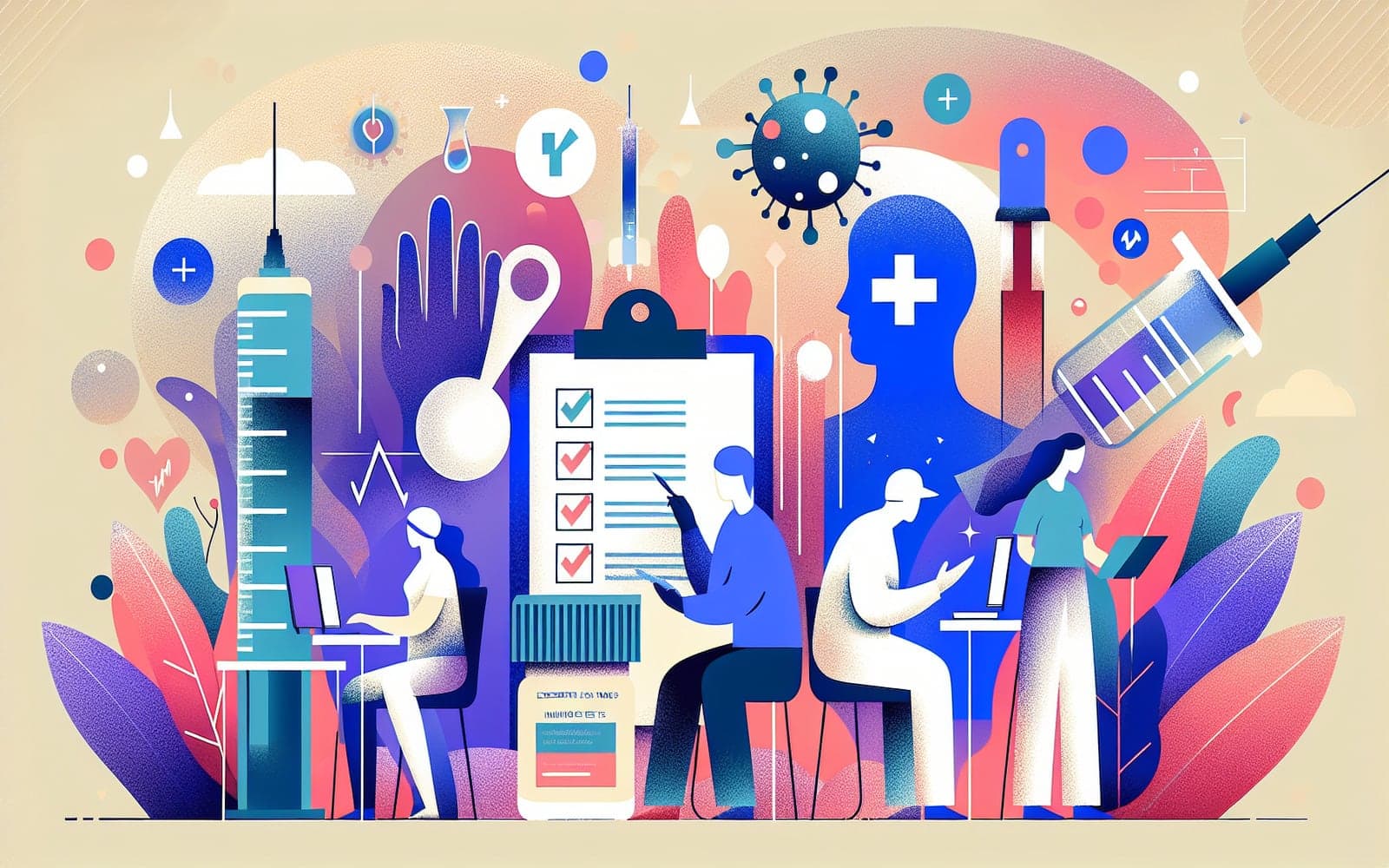Staying Safe on MS Meds: Essential Tests and Monitoring
Published: Jun 14, 2024
Taking oral medications for multiple sclerosis isn't just about swallowing pills. Regular testing and monitoring are crucial for ensuring safety and effectiveness. Here's what you need to know about keeping tabs on your health while on MS drugs.
Contents
Before You Start: Baseline Tests
Before beginning any oral MS medication, your doctor will likely order a series of baseline tests. These typically include a complete blood count, liver function tests, and sometimes heart tests like an ECG. For some medications, you may need tests for certain infections or an eye exam. These baseline results help your healthcare team track any changes that occur after you start treatment.
Ongoing Blood Work
Regular blood tests are a key part of monitoring for most MS medications. Your doctor will typically check your complete blood count, including white blood cell levels, every few months. This helps catch any signs of infection or immune system changes. Liver function tests are also common, as some MS drugs can affect the liver. The frequency of these tests may vary depending on the specific medication and your individual health profile.

Specialized Monitoring
Some MS medications require additional specialized monitoring. For example, if you're taking an S1PR modulator like fingolimod, you'll need heart monitoring when you start treatment due to potential effects on heart rhythm. Certain drugs may require periodic eye exams to check for issues like macular edema. Your doctor might also recommend regular skin checks, as some MS medications may increase the risk of skin cancers.
Frequently Asked Questions
Test frequency varies by medication, but often every 3-6 months.
Your doctor will assess the results and may adjust your treatment if needed.
Some tests require fasting, but your doctor will provide specific instructions.
Most monitoring tests are covered, but check with your insurance provider.
Key Takeaways
Regular monitoring is a vital part of MS treatment, helping ensure you get the most benefit with the least risk from your medication.
Need help keeping track of your MS monitoring schedule? Ask Doctronic about creating a personalized testing plan.Related Articles
References
Tecfidera (dimethyl fumarate) prescribing information. https://www.accessdata.fda.gov/drugsatfda_docs/label/2023/204063s032lbl.pdf
Gilenya (fingolimod) capsules; labeling-package insert. https://www.accessdata.fda.gov/drugsatfda_docs/label/2024/022527s042lbl.pdf
Always discuss health information with your healthcare provider.

